Military
This Fearless Marine Earned the Medal of Honor Twice but Hated War
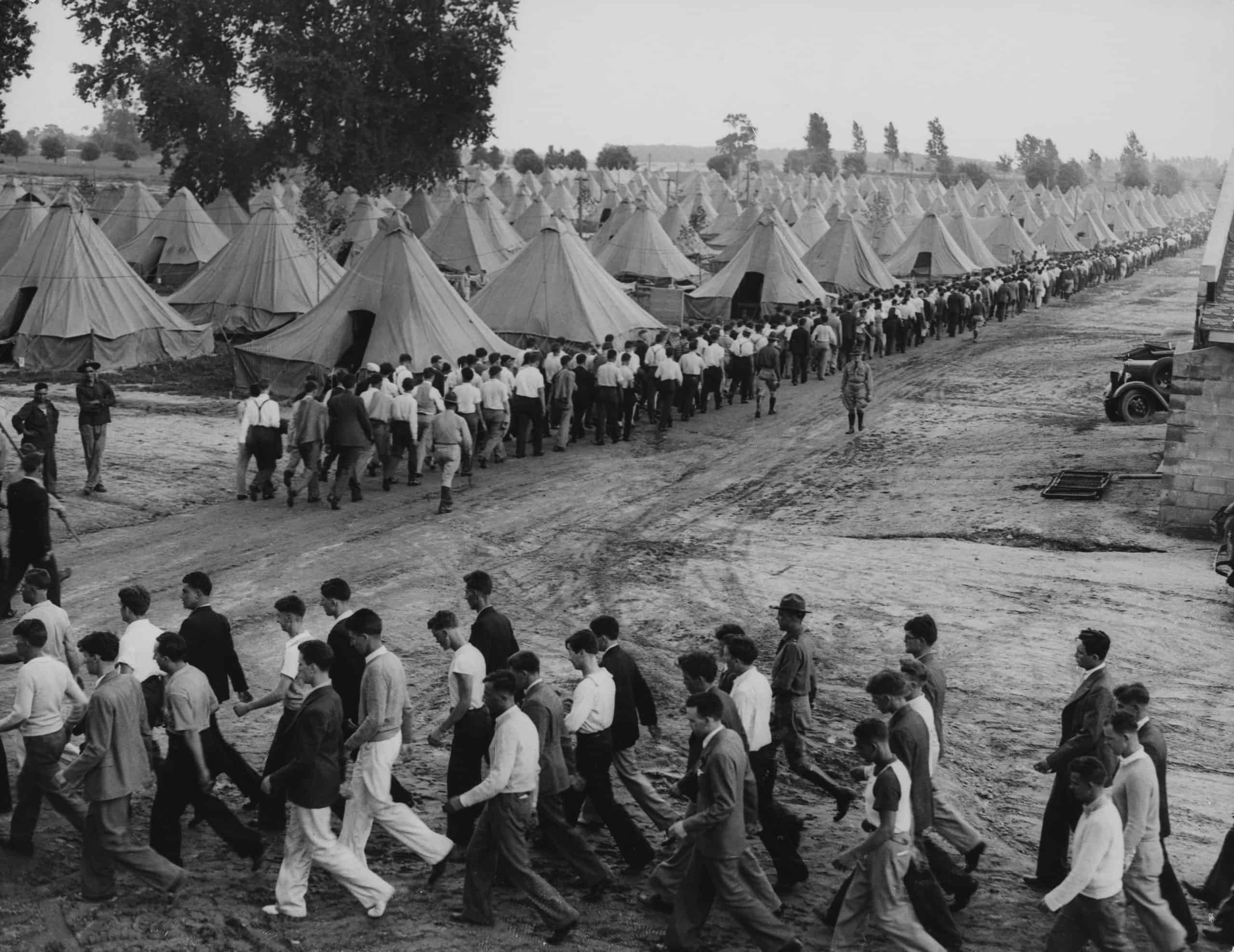
Published:
Last Updated:

Major General Smedley Darlington Butler was born on July 30, 1881, in West Chester, Pennsylvania, and died June 21, 1940. He was a war hero and outspoken critic of America’s corrupt wars.
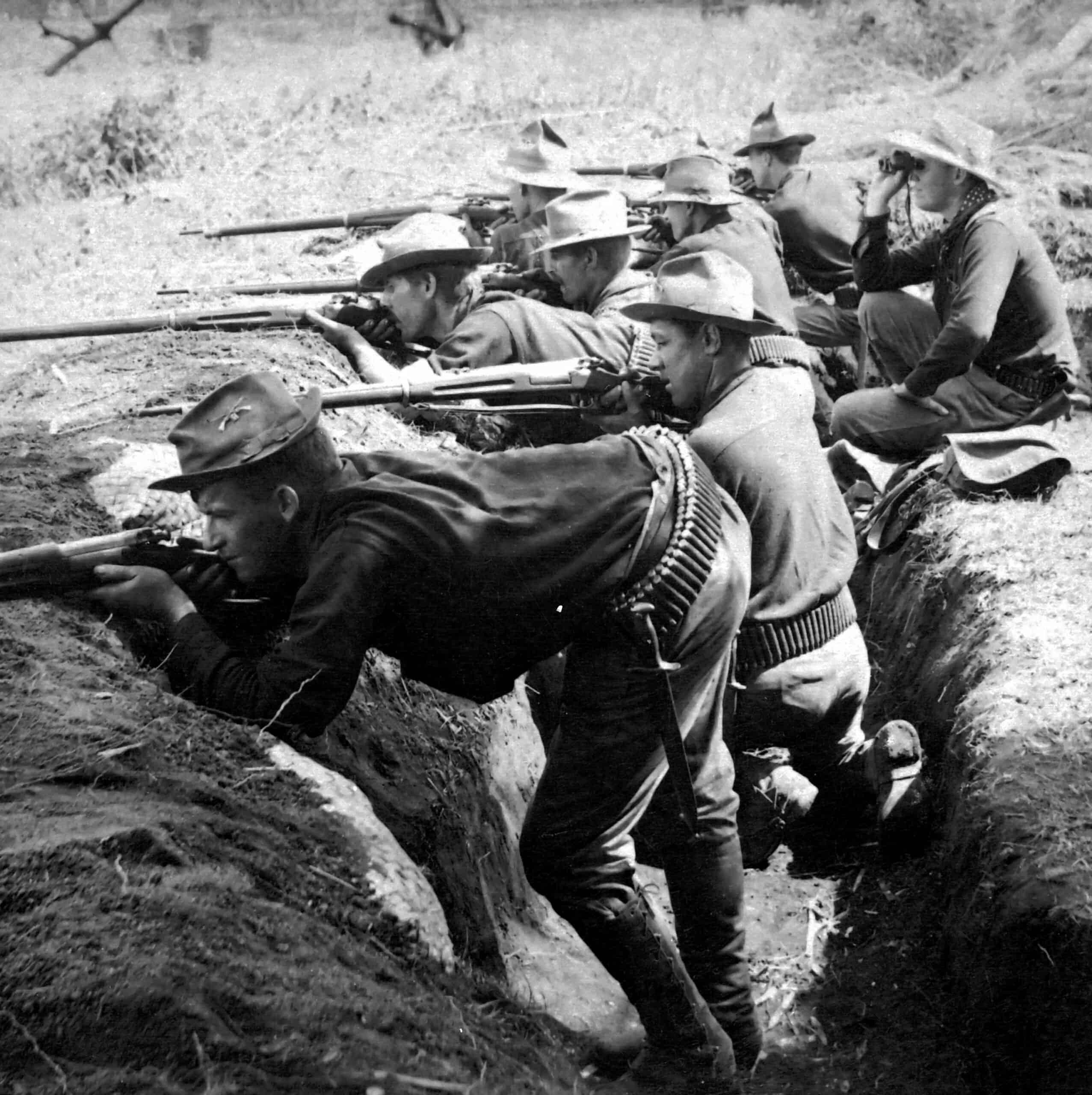
Lying about his age, Butler enlisted to fight in the Spanish-American War in 1898 when he was 16. He began as a Marine Second Lieutenant. He was sent immediately to Guantanamo Bay, and was then assigned to the USS New York, an armored cruiser, for four months.
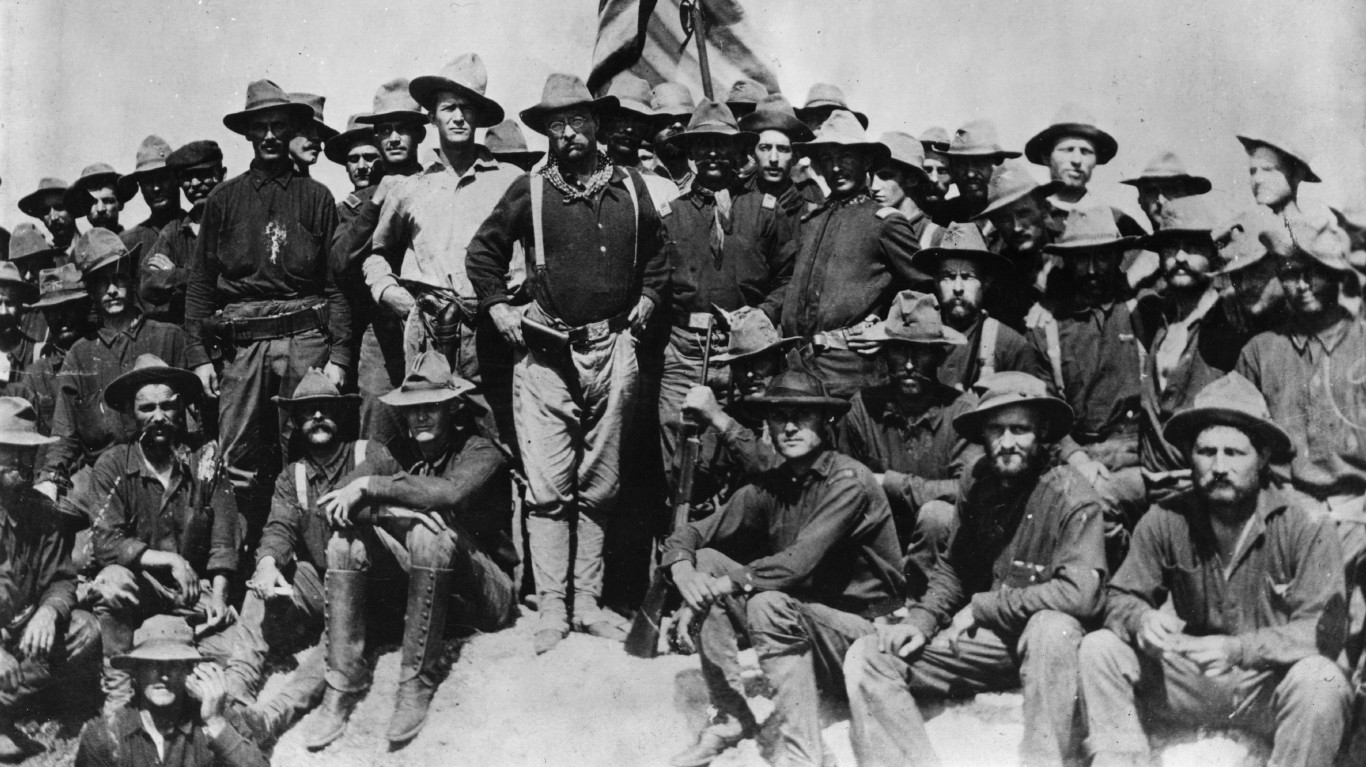
On April 8, 1899, he accepted a commission as a First Lieutenant, instead of being mustered out of service. He was sent to Manila, Philippines on garrison duty. Because of a lack of action, he started drinking heavily and was temporarily relieved of command.
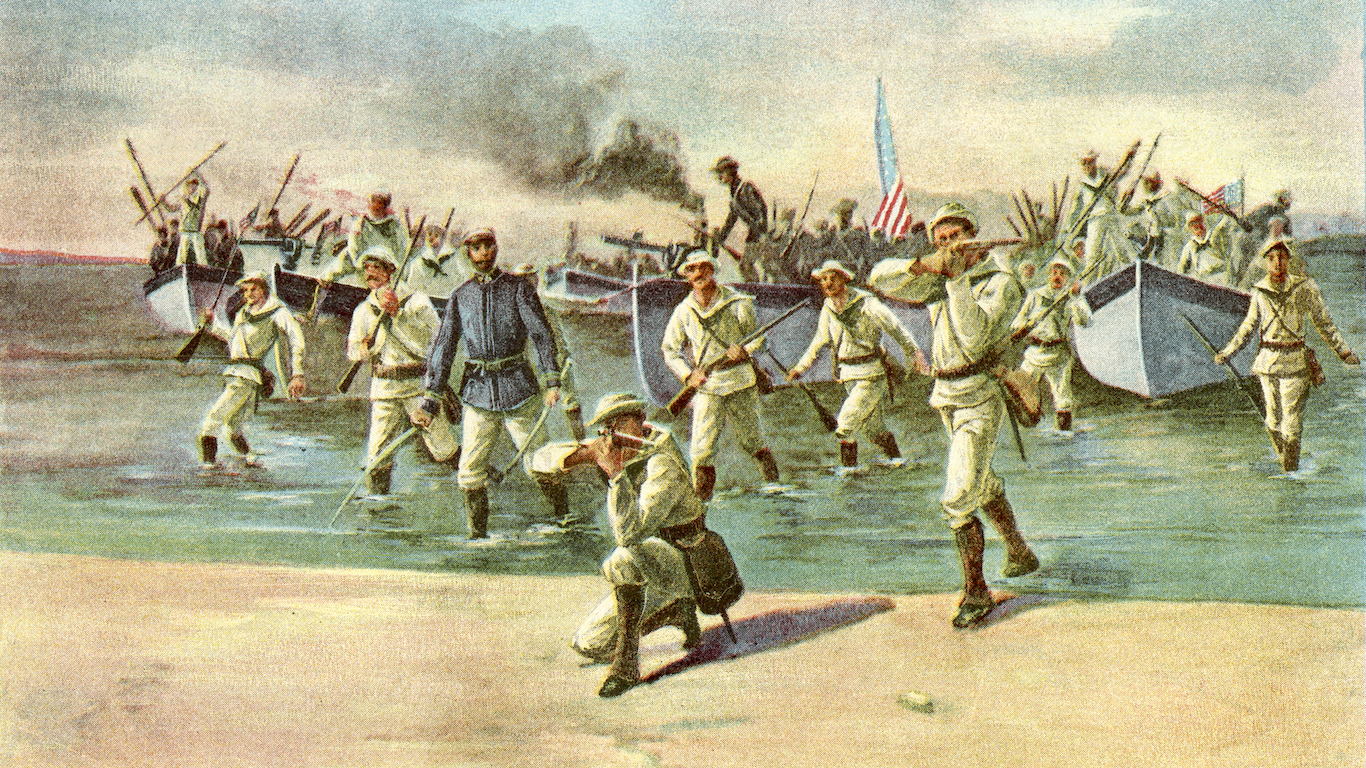
In October of that year, he led 300 Marines to take Novelata. By noon, Butler’s troop ran the native Filipino troops of the new Philippine Republic out of their town. There was only one casualty on the American side, 10 wounded, and 50 incapacitated from heat sickness.

By 1900, Butler was sent to Tainjin, China. He fought in the Battle of Tientsin and the Gaselee Expedition. He was severely affected by seeing mutilated human remains in that battle, and was shot in the thigh. Despite his wound, he helped other marines to safety.
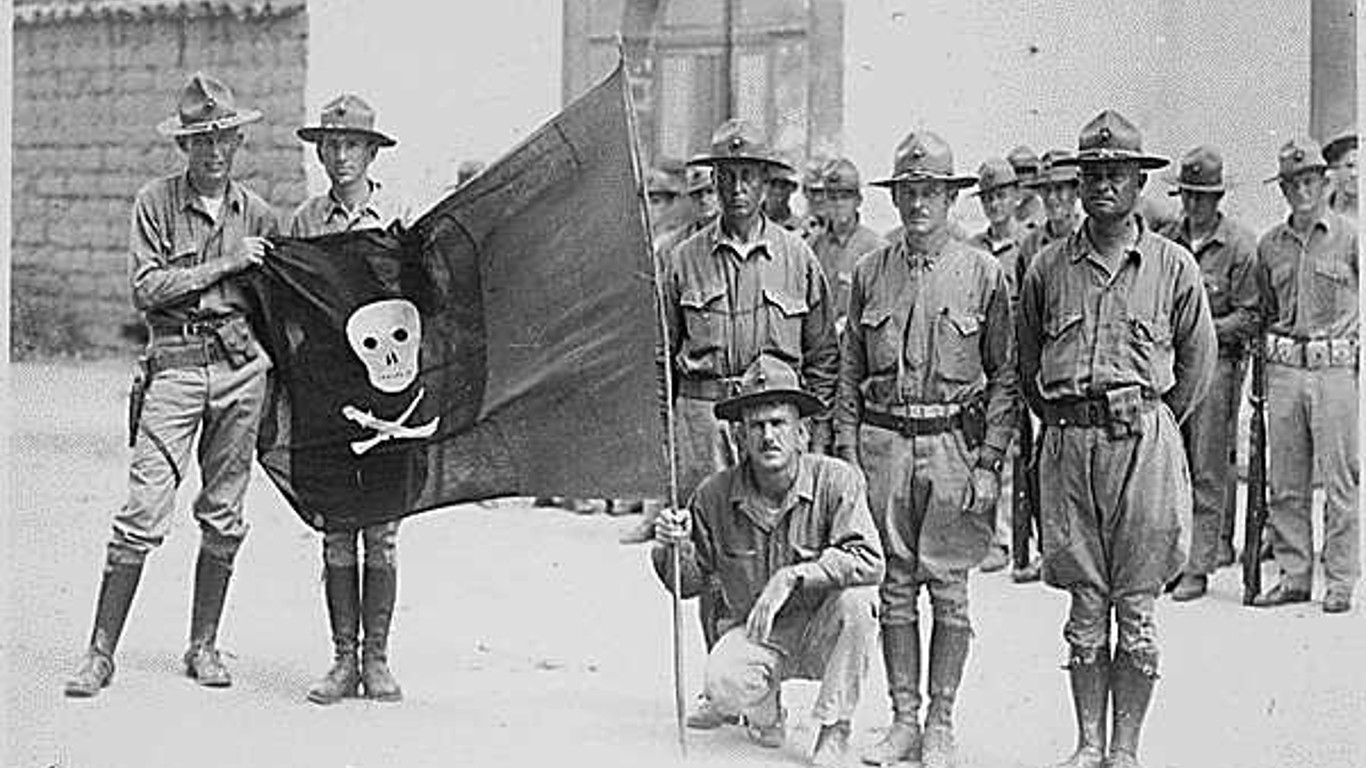
Butler then participated in the corrupt and inhumane occupations known as the Banana Wars to protect the interests of the United Fruit Company. The Banana Wars started with the Mexican-American war and spread throughout the region.

Between 1909 and 1912, he was stationed in Nicaragua. He retook the city of Granada, commanded the 3rd Battalion on the Isthmus of Panama, led a battalion in the Battle of Masaya, and captured Coyotepa Hill. He also overtook the Mexican city, Veracruz for six months. He seized all rebel strongholds in Haiti, the last one with hand-to-hand combat. He earned his two Medal of Honors during this period.

Although publicly a dedicated soldier, even leading his battalion with a 104-degree fever at one point, he privately criticized the United States. In a letter to his parents, he said, “What makes me mad is that the whole revolution is inspired and financed by Americans who have wild cat investments down here and want to make them good by putting in a Government which will declare a monopoly in their favor… The whole business is rotten to the core.”
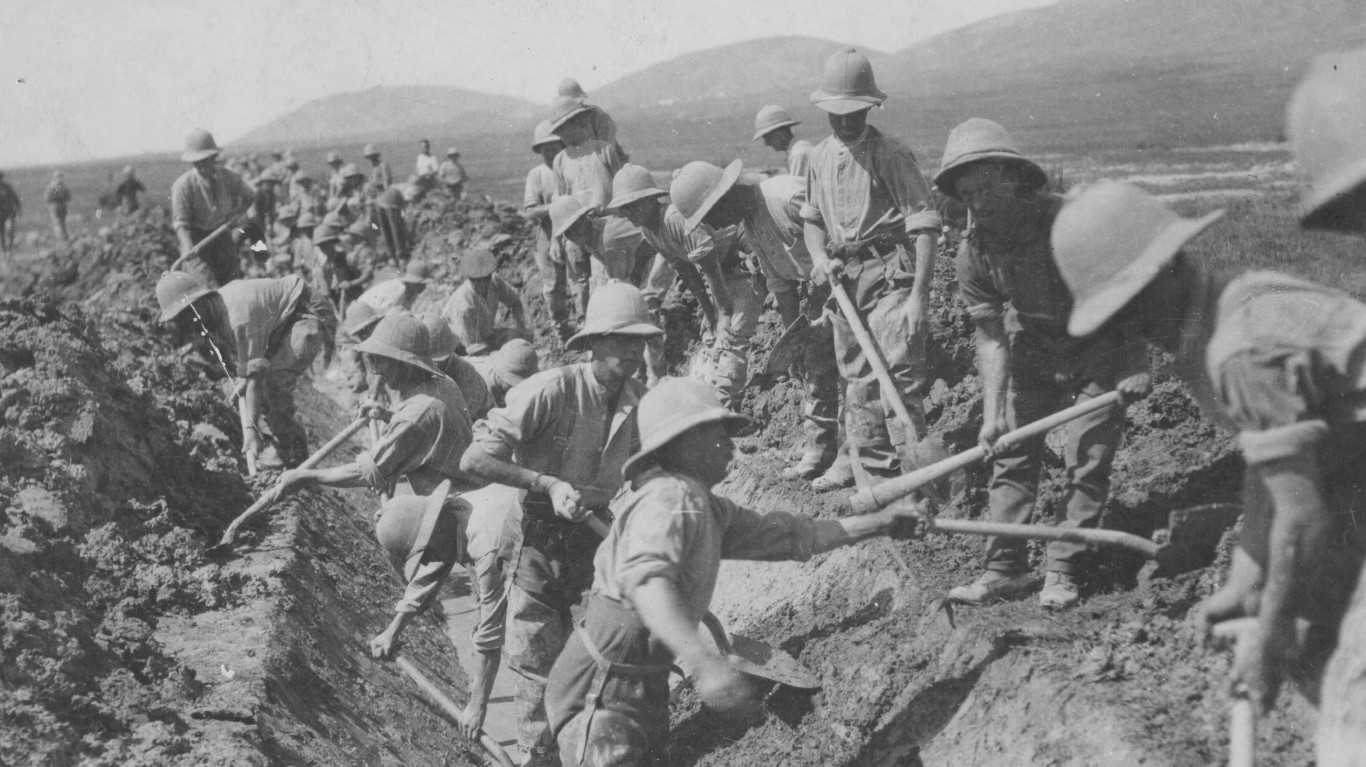
During World War I, he was promoted to brigadier general and was in command of Camp Pantanezen in Brest, France. It was a depot that funneled U.S. Expeditionary forces to the frontlines. He earned three medals during this time because he solved many sanitation problems at the depot.
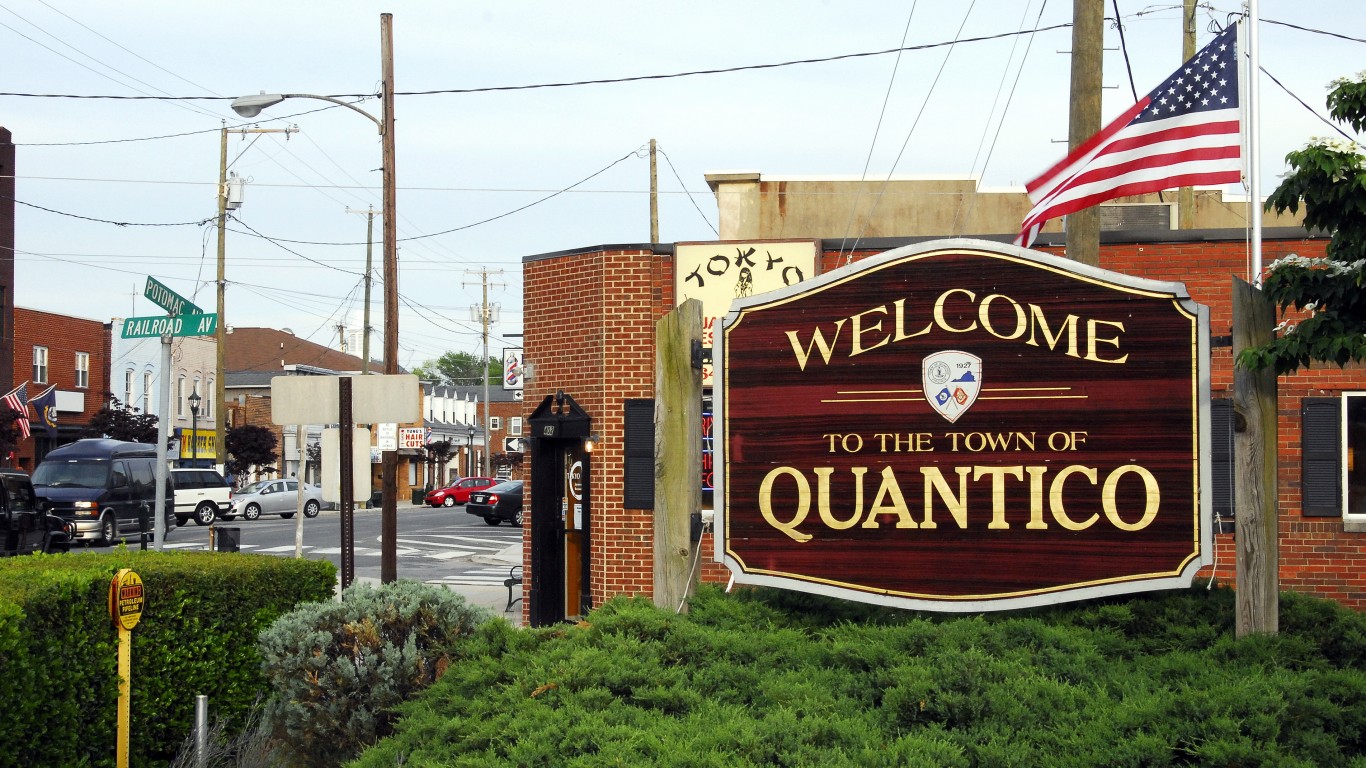
When the war ended, he became commanding general of the Marine Barracks in Quantico, Virginia. In 1924, he was assigned to Philadelphia’s Municipal Government of Crime and Corruption. He served as the Director of Public Safety, where he was in charge of running the police and fire departments.
He broke up protection rackets and profiteering, raided more than 900 speakeasies (within 48 hours), established bandit-chasing checkpoints, cracked down on crooked police, and enforced prohibition.

In 1926, he rejoined the Marines and commanded an expeditionary force in Tianjin, China in 1927. His success there earned him a promotion to major general, the youngest ever promoted in the Marine Corps at age 48. In 1931, he was passed up from another promotion and retired.
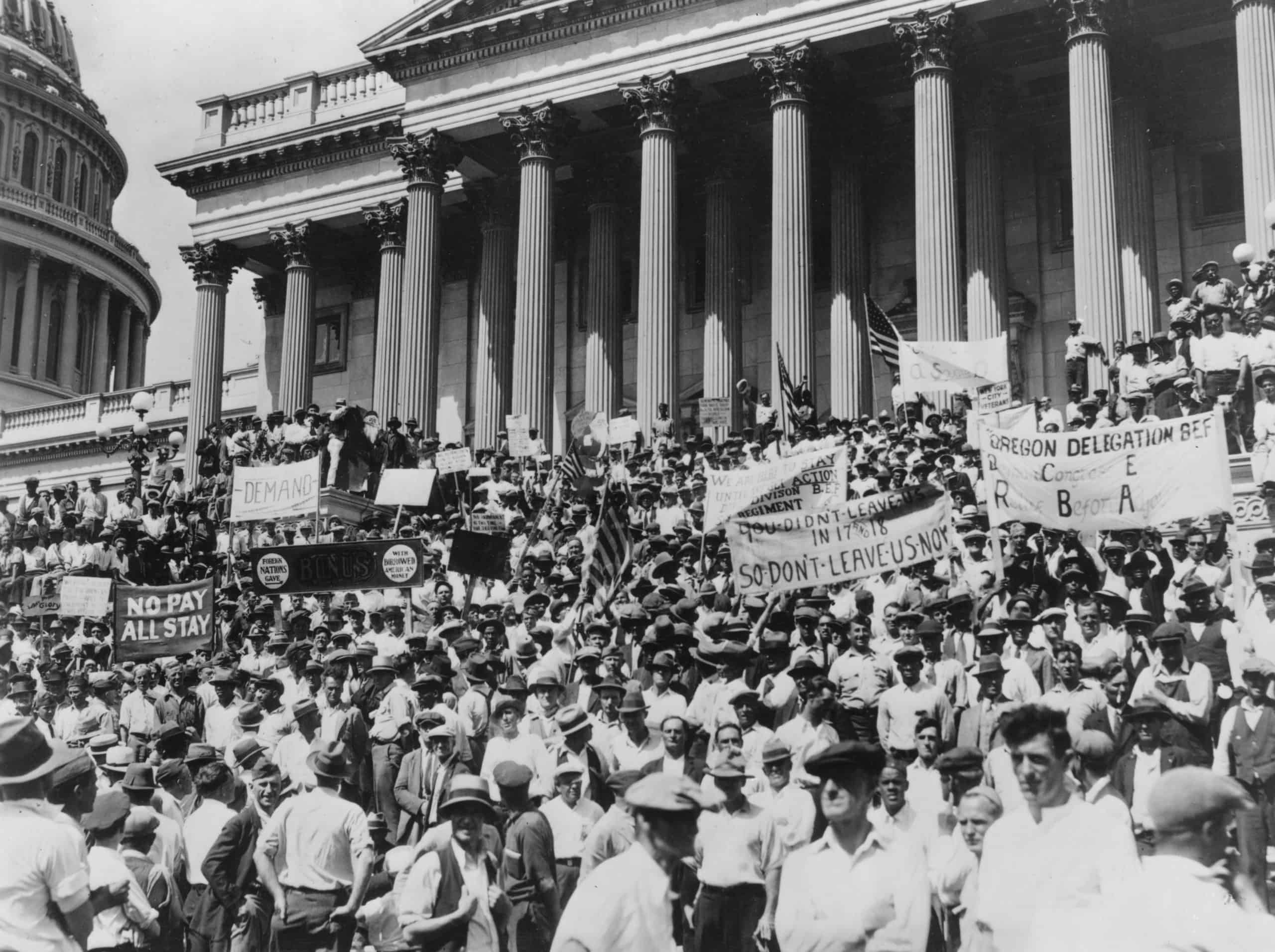
During his retirement, he led the “Bonus Army,” protests, in order to get Veterans the bonuses they were entitled to. He was an anti-war lecturer who likened his military service to being a “high-class muscle man for Big Business, for Wall Street and bankers. [I was a] racketeer and a gangster for capitalism…I might have given Al Capone a few hints. The best he could do was to operate his racket in three districts. I operated on three continents.
Start by taking a quick retirement quiz from SmartAsset that will match you with up to 3 financial advisors that serve your area and beyond in 5 minutes, or less.
Each advisor has been vetted by SmartAsset and is held to a fiduciary standard to act in your best interests.
Here’s how it works:
1. Answer SmartAsset advisor match quiz
2. Review your pre-screened matches at your leisure. Check out the advisors’ profiles.
3. Speak with advisors at no cost to you. Have an introductory call on the phone or introduction in person and choose whom to work with in the future
Thank you for reading! Have some feedback for us?
Contact the 24/7 Wall St. editorial team.